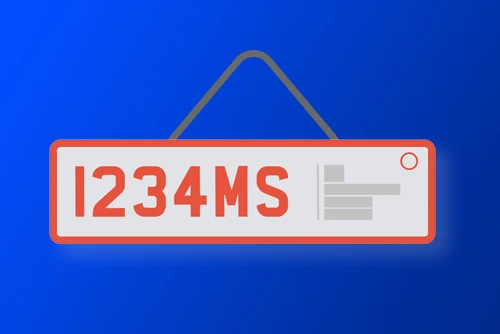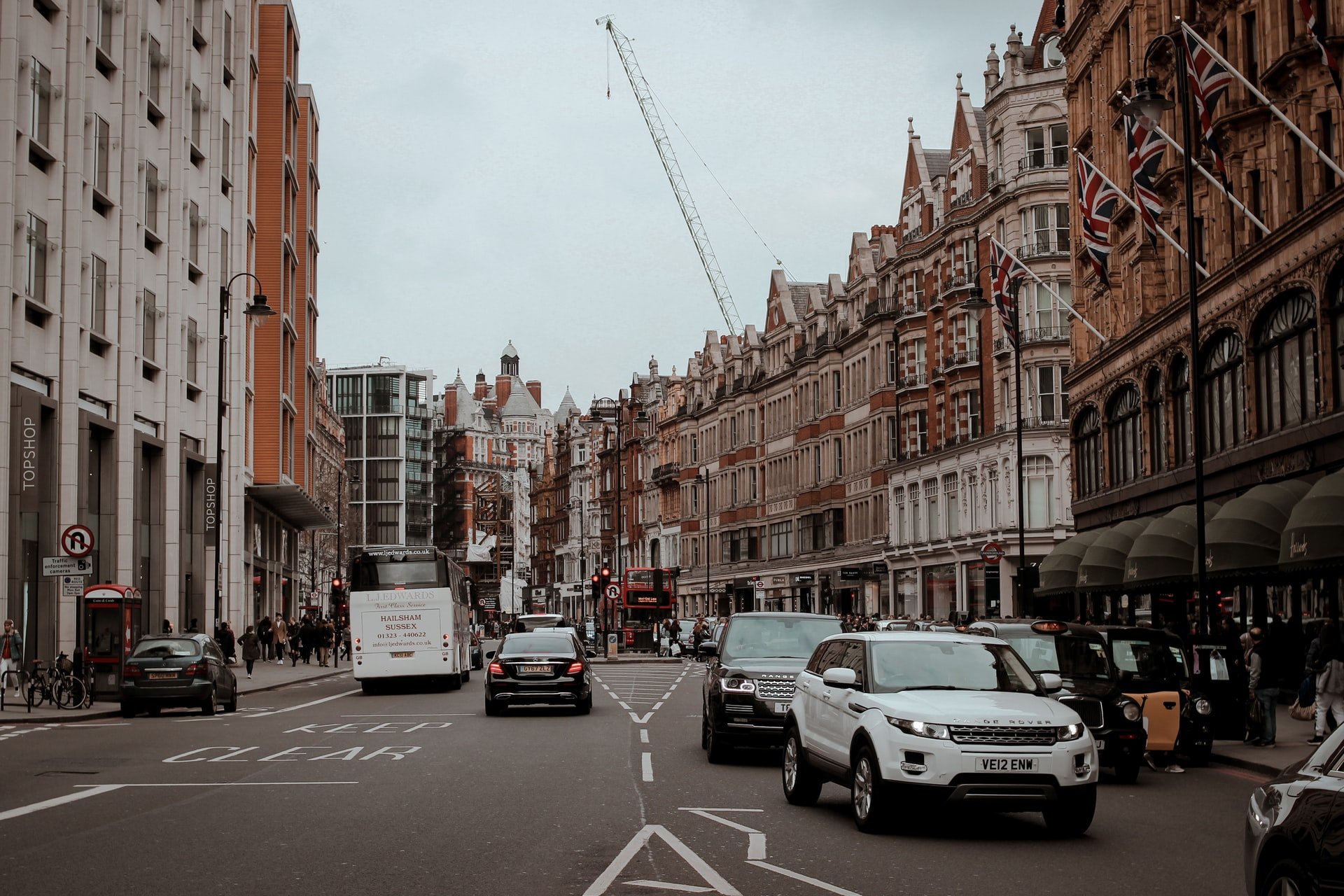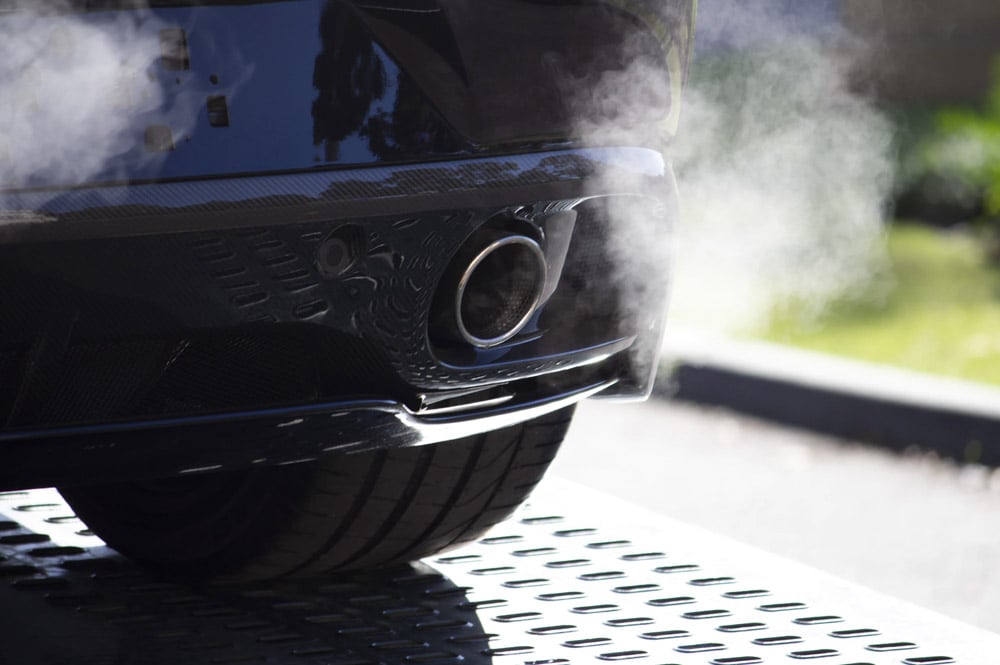What are Trade Plates? Guide to numberplates for traders


Trade plates are an essential tool for motor traders, but what are they, and who can use them? In our comprehensive guide, Motorscan breaks down everything you need to know about trade plates, from eligibility and the application process to compliance requirements and renewal. So, whether you’re a seasoned motor trader or just starting, our guide provides all the essential insights!
Navigating the UK motor trade scene requires a keen understanding of trade plates, crucially an indispensable tool for motor traders. In our latest guide, Motorscan aims to demystify the world of these temporary registration plates. From eligibility, application and costs to legal compliance, we delve into the world of trade plates, offering insights and essential tips for motor traders!
Trade plates in the UK are special vehicle registration plates used by motor traders and car manufacturers for specific purposes related to the motor trade industry. These plates allow individuals or businesses in the motor trade to legally drive or transport vehicles on public roads without registering and taxing each car individually. Consequently, trade plates are temporary, typically used for activities such as test drives, vehicle deliveries, or transporting vehicles between different locations.
Motor traders, manufacturers, and some other entities in the motor trade industry are generally eligible to apply for trade plates. Individuals or businesses must meet the criteria set by the DVLA, which include:
Motorscan’s step-by-step guide application process:
Trade licenses have fixed expiration dates, occurring either on 30 June or 31 December. Applications for these licenses must be for a duration ranging from 6 to 12 months, starting from the month of application. For example, an application made in September leads to a 10-month validity, expiring the following June. Consequently, the associated fees for trade plates vary depending on the month you apply. As of January 2024, the charges range from £90.75 for six months up to £165 for twelve months. For all current fees, please visit Trade Licence Plates.
In terms of renewal, the DVLA will write to you when your trade plate licence is about to expire. You’ll need to download and complete Renewal Form VTL318, again sending the required copy documentation and associated fee to the DVLA.
Using trade plates offers significant benefits for motor traders and those in the motor industry, providing flexibility in moving vehicles without the need for individual registration and road taxation, resulting in cost savings. The streamlined processes associated with trade plates simplify administrative tasks related to vehicle movement, test drives, and deliveries, delivering operational efficiency. Trade plates allow motor traders the convenience of efficiently conducting various activities, such as showcasing vehicles and participating in industry events, without the burden of full vehicle registration.
Proper use of trade plates involves their exclusive application for specific motor trade activities. You have to be actively engaged in the motor trade, and vehicles using trade plates must be covered by motor trade insurance for particular activities, such as test drives, showcasing vehicles to potential buyers, transporting cars between business locations, and participating in industry events. Trade plates must not be used for personal vehicles, and any private or recreational use is strictly prohibited. Motor traders must also promptly inform the DVLA of any business changes to remain compliant. Additionally, trade plates cannot be transferred to another trader or individual without authorisation.
Prevention is crucial, so ensure that your trade plates are kept securely when not in use. It’s advisable to regularly check your plates to ensure they’re all present and in good condition, and it’s good practice to retain a record of the plate numbers in case they are lost or stolen. If you’re unfortunate and your trade plates do become lost or stolen, it’s essential to report it as soon as possible to prevent any misuse of the plates. Report the loss or theft to the police and obtain a crime reference number. You’ll need to download and complete Form VTL310 and send it to the DVLA, along with any damaged or faded plates, if applicable. You’ll need to provide your crime reference number if the plates were stolen. The DVLA will cancel the lost or stolen plates and issue you a new set.
When using trade plates on a vehicle, you’ll need to have specific motor trade insurance in place to cover the vehicle and the driver. This differs from regular car insurance, as it covers the specific risks associated with using trade plates. Your motor trade insurance should include comprehensive insurance coverage for all vehicles in the fleet and cover vehicles while they’re being driven between locations or during the course of business. Coverage should include everyone who may need to drive the vehicle, including mechanics, sales staff, and other employees.
Motor trade insurance policies provide more extensive coverage than regular car insurance, so they tend to be more expensive. However, some insurers may offer discounts for trade plate users with a good claims history and a low-risk profile.
As with all insurance, coverage options may vary between insurers, so shopping around and comparing policies to find the best coverage for your needs is essential.
Vehicles being driven using trade plates do not need to be individually road-taxed because these plates serve as a form of temporary registration and tax for the car. You will, however, still need to ensure that any vehicle using trade plates is roadworthy, insured, and has a valid MOT certificate unless the vehicle is specifically exempt from needing an MOT (i.e., under three years old, a historic vehicle (usually defined as a vehicle over 40 years old), and agricultural vehicles such as tractors).
Finally, it’s essential to remember that the costs, process and requirements for obtaining trade plates may change over time, so applicants should check with the DVLA for the most up-to-date information.


